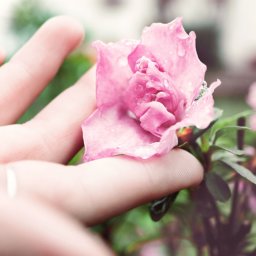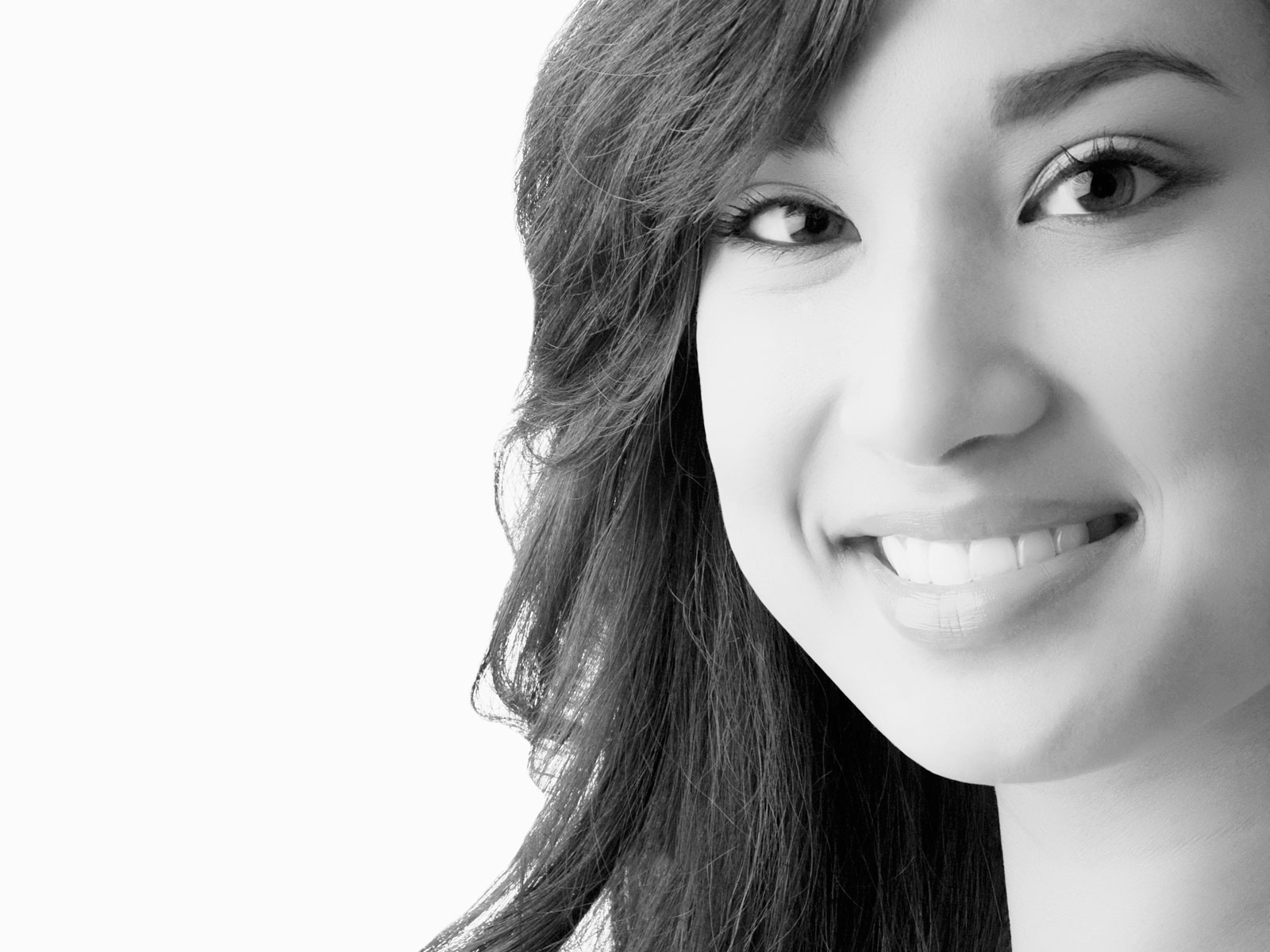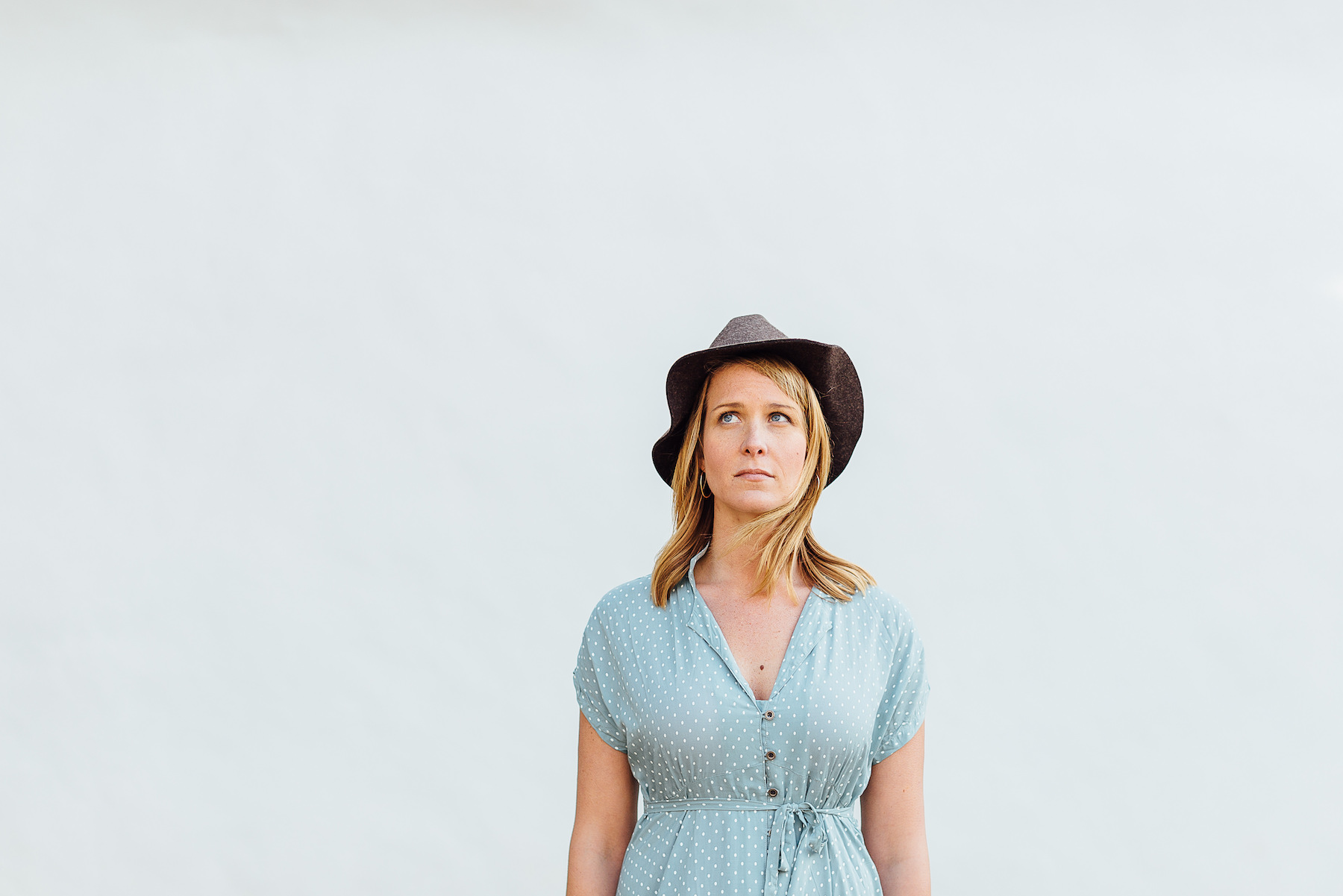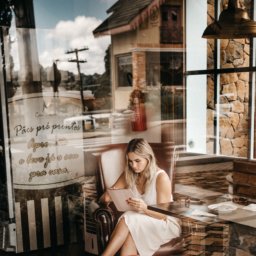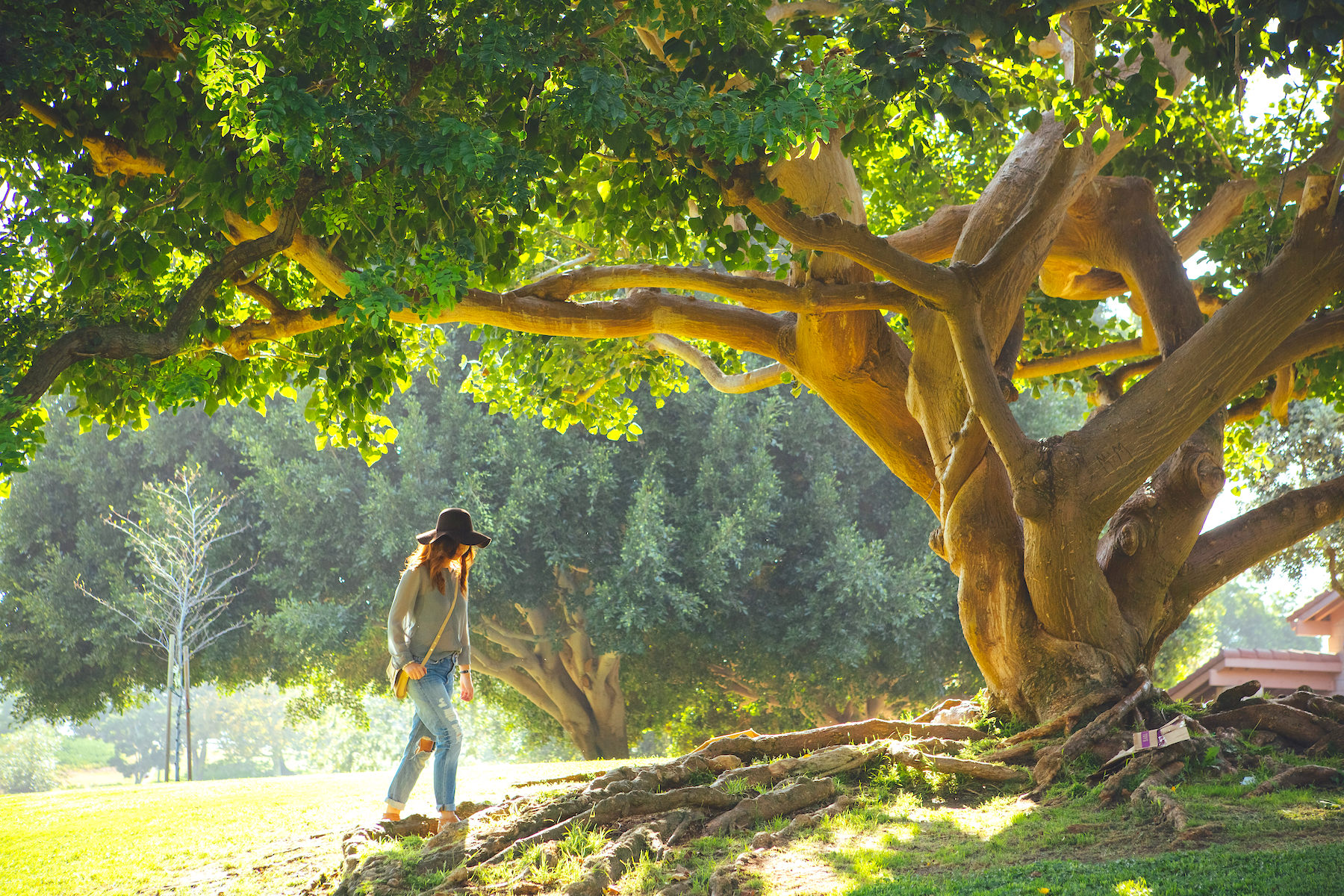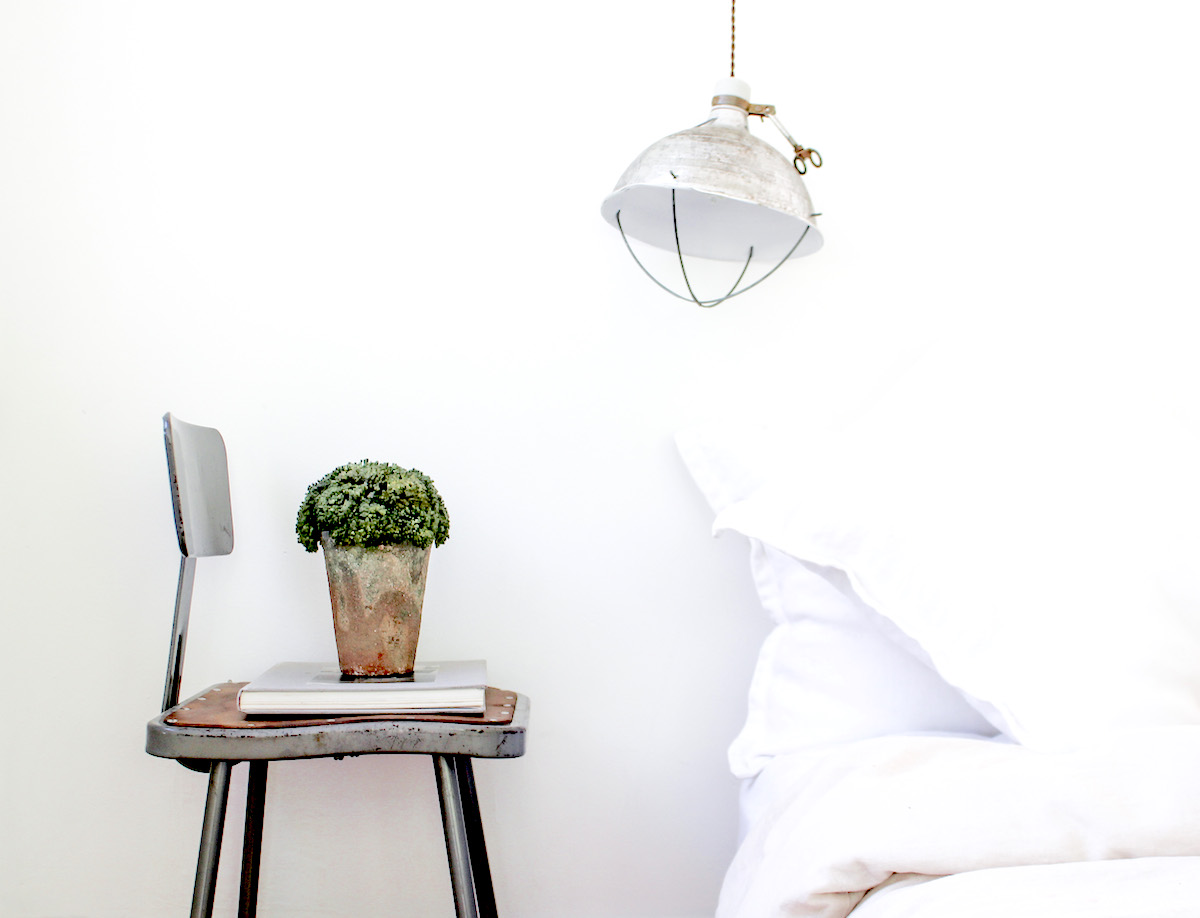For almost 20 years, I have moved once every two years. I’ve moved apartments, cities, countries, and continents. Home was never a physical place, or where I paid utilities. Moving constantly was exciting, always a new chapter of adventure. Plus it give me lots of opportunities to improve my decluttering.
I would be lying if I said I did not at times feel unrooted and disoriented, hoping to hang my proverbial hat in one place a little longer to make longer-term plans.
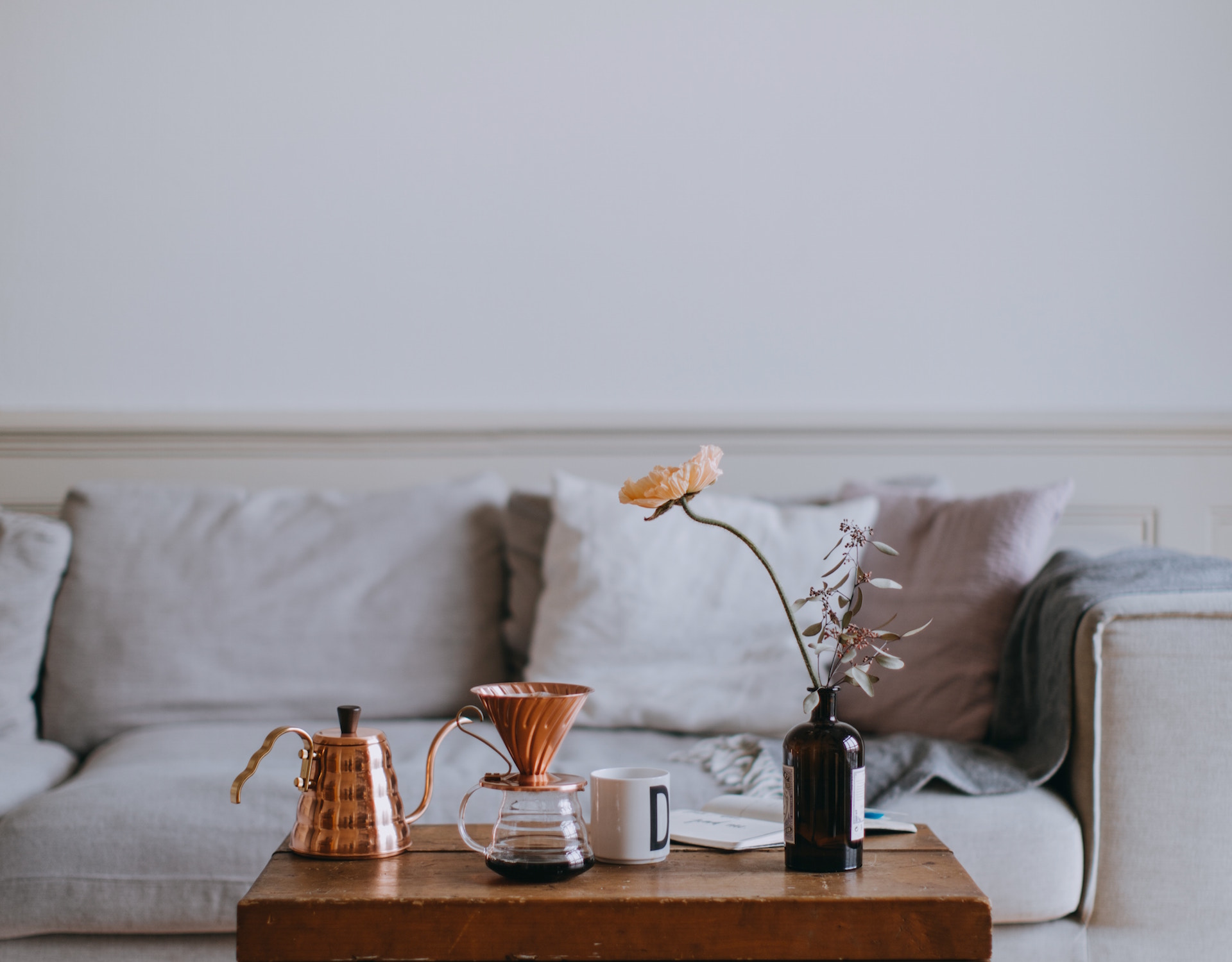
Last week I came across Gretchen Rubin’s Happier at Home and Moorea Seal’s Make Yourself at Home.
You may know Gretchen Rubin from The Happiness Project. Happier at Home is her second happiness project where she wanted to go deeper with a narrower and more focused approach. “I got the idea from Dr Johnson. He wrote, ‘To be happy at home is the ultimate result of all ambition.'”
You’re not happy unless you think you’re happy.
Gretchen Rubin
Gretchen Rubin’s Paradoxes of Happiness
Accept myself, and expect more of myself.
Give myself limits to give myself freedom.
Accomplish more by working less.
Happiness doesn’t always make me feel happy.
Flawed can be more perfect than perfection.
Hell is other people. Heaven is other people.
Their idiosyncrasies and vulnerabilities are peppered with their own concrete exploratory observations. They offered more than broad recommendations of “love yourself” or “be optimistic”.
The strength of their writing is the ease for readers to field a connection and from there, tapping into a wider perspective of self and both the personal and greater idea of “home”.
Both of these women – Gretchen and Moorea – speak about their own human fallibilities, especially Gretchen who is quite honest about her struggle to grapple with happiness. At one point, she writes “I wasn’t tired of the subject of happiness, and I didn’t feel pressure to ‘be happy’ all the time, but I was weary of my own voice, my own ways of thinking” concluding that “my principles were sound; my practice would improve with practice.” Indeed, Gretchen. Indeed.
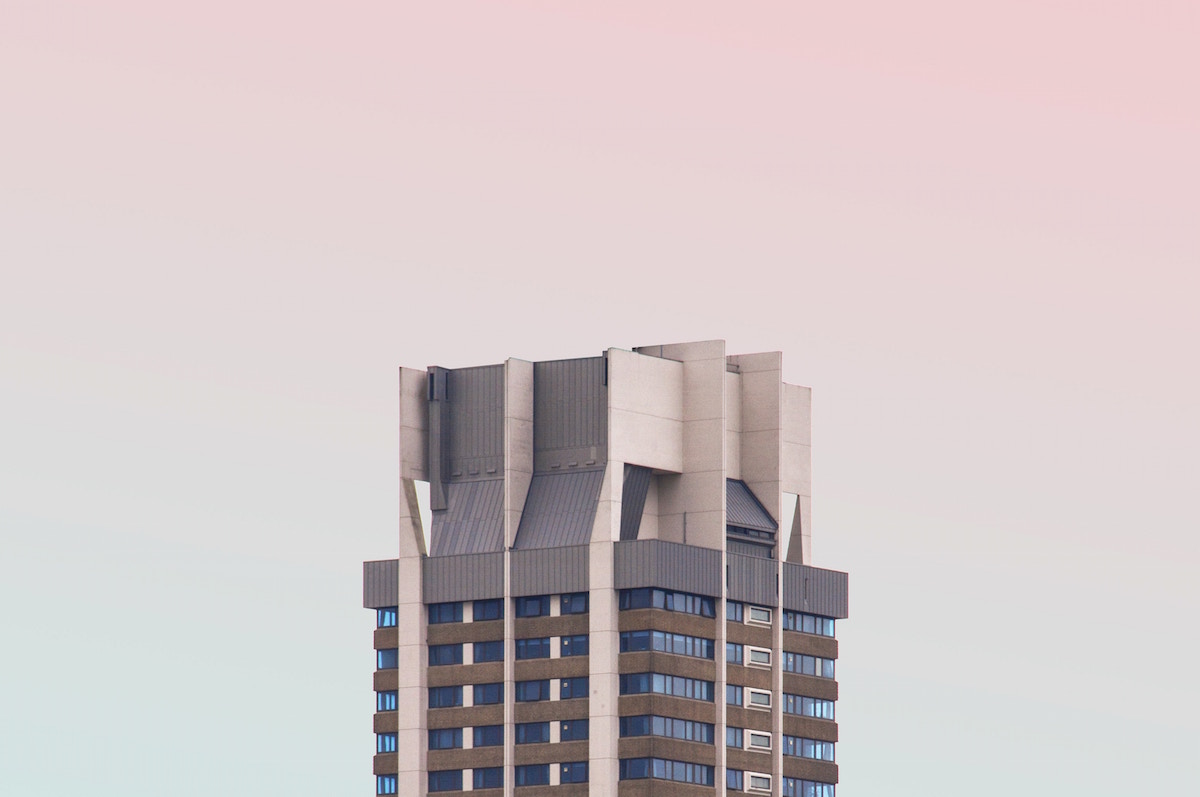
Mark Matousek’s Where is Home? certainly gave me pause for thought. Many of us focus on the state of our homes – how clean of clutter and dog hair, if the drawers and cabinet doors are closed, what colours to paint the nursery, or what patio furniture to purchase.
Across the world, meanwhile, countless are physically homeless. For a variety of reasons, from natural disasters and war to economic struggles, people find them without a place to call their own.
Have we thought why we call those without a permanent address homeless, rather than houseless or shelterless? The existentialism of “homeless” is important to consider. Belonging, acceptance, integrated. Their lack can be a dousy on our sense of being.
As I contemplate these questions, I am thankful for a place to park myself.
As expats, many of us live a privileged life and yet many feel not quite at home, no matter how much we love and enjoy living in our host country. There is something about a sense of belonging that comes from shared childhood memories.This too is a state of mind.
What happens when we feel we are home with ourselves, and rooted with Mother Earth?
A Pen is a Pen is a Pen
This may come as a relief to you, as it did for Gretchen Rubin and for myself, to be honest. This is the realization and a tangible thought that our home does not have to “reveal any deep truths.” For Gretchen, her home is pleasant and comfortable and she prefers to direct mental energy required for “meaningful” interior design to tasks more fulfilling to her.
Sure, our home reflects who we are, and the state of our inner world. That is only one facet. When we live with other people and animals, this reflection is refracted through the light of who they are as well. And if you live in a rented space, like I have, there are limitations to how we tell our stories with our living spaces.
One of the first interior design elements I chose for the apartment we bought was the silver textured treatment for the bedroom wall. It was both beautiful and low VOC. Seeing and touching that wall literally sparked currents of joy within. It’s this elation and inner connection, not the wall, that really matter in the end.
To be yourself in a world that is constantly trying to make you something else is the greatest accomplishment.
Ralph Waldo Emerson
Personal Touches
In her book, Gretchen Rubin wrote about a wealth of ways to be at home in your house. Some of her ideas were making shrines to what’s important to you. Shrine to Children’s Literature, Shrine to Family, Shrine to Scent. Moorea Seal also shared tips and DIY ideas such as an herb drying rack and gold-patterned glassware.
What they show is that it is easy to add our own flair, even in tiny doses and the most plainest of places.
For her book, Moorea Seal interviewed six ladies – creatives from designers and makers to lifestyle and fashion bloggers – for tips for the different rooms of a home. Erin Perez Hagstrom, who shares her home with her husband and young children, loves vintage pieces. They are unique and have stood the test of time, plus it’s more eco-friendly to purchase pre-loved items. Modern mass production methods also mean we are exposed to a multitude of chemicals which are likely to have off-gassed in used items. With vintage pieces (Erin loves her midcentury vanity), we can allow a personal style to emerge over time.
(Another contributor, Diana La Counte, has a similar autoimmune disorder as Moorea Seal and was diagnosed with MTHFR mutation that complicated her fertility journey. This book is definitely not just about how to pretty-up your physical home.)
Build a Sanctuary
For most people, the bedroom is the sanctuary within the sanctuary that is our home.
“It’s our own personal sanctuary, the space most deeply connected to personal wellness and self-care – rest, relaxation, and self-expression in particular.” (Moorea Seal)
For parents with kids or animals, it may be, whenever possible, the bathroom. Probably not even that.
No matter what it is or where it is, even if you live by yourself, having a sanctuary to be alone, to recharge, and retreat, is essential. I often hang out in the bathtub.
For you, perhaps it is an altar with objects of the five elements, photos of people and places most dear to you, incense, or crystals. Or a corner nook to pull up a throw and a book.
Lots of seekers begin with the reflexive belief that spirituality and everyday life are awkward bedfellows. Bitten by the enlightenment bug, we may inadvertently split our existence in two, between the extraordinary and the ordinary, the sacred and the profane, the high and the low, the spiritual and the unspiritual. In our newfound enthusiasm for the examined life, we inadvertently reject the familiar in favor of the otherworldly, the esoteric, the counterintuitive.
But when seeking becomes an escape mechanism, an excuse for running away from our lives rather than toward them, it may be time to come home.
Mark Matousek
Perhaps your sanctuary is where you won’t be distracted by sound or sight to engage with your craft. We all have our own best spaces, from an open coffin for Dame Edith Sitwell, at her armoire-facing desk for Flannery O’Connor, or lying in bed or on a couch as did Truman Capote. For Gretchen Rubin, who hits up the neighbourhood library or a coffee shop, she felt “a delicious feeling of solitude and absorption, because it’s not being alone that matters, it’s not being interrupted.”
Enjoy Your Space & Stuff
There is this idea that in the pursuit of spirituality we must reside in the higher chakras. Or that human life with all its carnal and materialist desires is impure. Some people believe to be spiritual is to renounce money and to reject material indulgence, and even comforts.
Getting distance from the physical, moving through the Spheres, up the “ladder of light” and finding the holy grail of alchemical gold has been the school of thought for many religions and philosophers.
We can probably agree that obsession and attachment to anyone, anything, any place is a prison. It removes us from the experience of the whole. We are living a human life, with all the sensorial experiences; we also cannot deny that or insist that from other people. Buddhism teaches moderation. This is good advice on how to navigate through the world, inside and outside our home.




